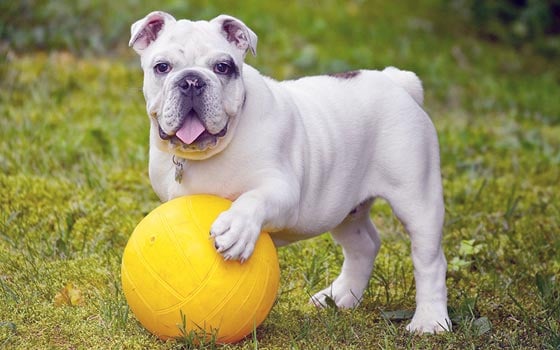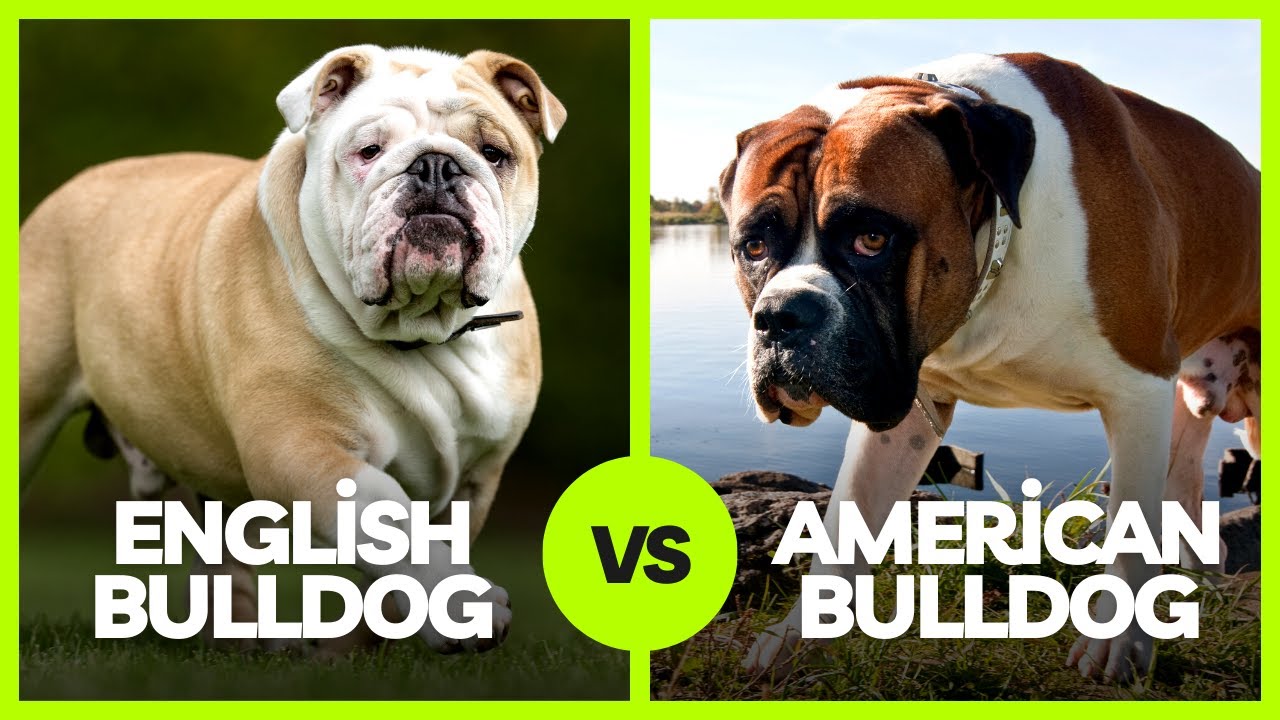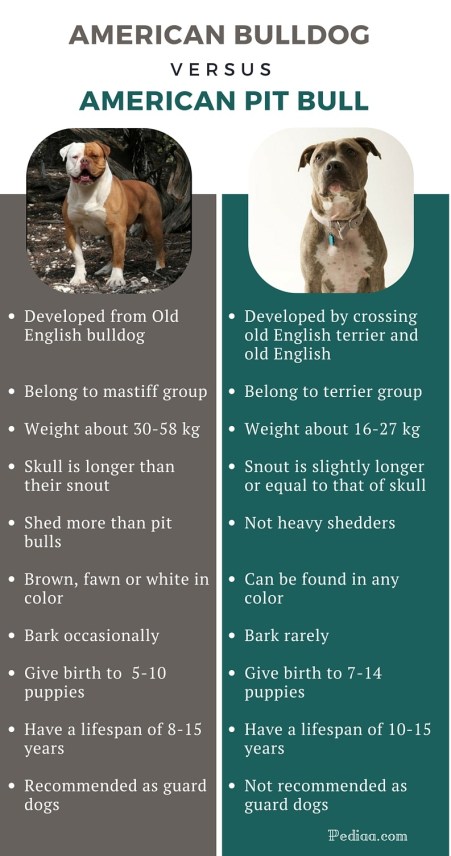Key Takeaways
- Bulldogs are known for their affectionate nature, making them great family pets, but they can be stubborn and challenging to train.
- Adopting a bulldog comes with pros such as loyalty and companionship, but also cons like potential health issues and high maintenance needs.
- Training a bulldog requires patience and consistency, with a focus on overcoming their stubborn streak through positive reinforcement.
- Bulldogs can face several health challenges, including hip dysplasia and breathing issues, requiring attentive care and regular vet visits.
- First-time dog owners can consider adopting a bulldog, but should be prepared for the responsibilities and challenges that come with it.
Bulldog Adoption: What You Need to Know
Adopting a bulldog is a decision that brings both joy and responsibility. Bulldogs are known for their distinctive appearance and charming personalities. They are incredibly loyal and can be a great addition to families. However, it’s crucial to understand the full scope of what adopting a bulldog entails. From their health needs to their unique behavior traits, there’s a lot to consider before bringing one into your home.

“English Bulldog Breed Guide: Fun Facts …” from www.trupanion.com and used with no modifications.
Friendly Companions or Stubborn Characters?
Bulldogs are often described as friendly companions, but they come with their fair share of stubbornness. This breed is known for its affectionate nature and love for family members, making them excellent pets for those who want a loving, loyal dog. However, bulldogs can also be quite headstrong. This stubborn streak can make training a bit of a challenge, requiring a patient and consistent approach.
Pros and Cons of Adopting a Bulldog
Before adopting a bulldog, it’s important to weigh the pros and cons. Bulldogs are known for their loyalty and make wonderful companions. They are generally good with children and can adapt to various living environments. However, potential adopters should be aware of the cons, including their high maintenance needs and health problems.
“Bulldogs are prone to certain diseases and conditions, including hip dysplasia and brachycephalic airway obstructive syndrome.”
These health issues can lead to costly vet bills and require a commitment to regular health check-ups and a proper care routine.
Loyalty and Family Bonding
One of the standout traits of bulldogs is their loyalty. They form strong bonds with their families and are known to be protective and loving companions. This loyalty makes them excellent family pets, as they thrive on human interaction and enjoy being part of family activities. Bulldogs are often described as having a calm demeanor, which can be comforting for children and adults alike. For more on their history and traits, you can explore additional resources.
Potential Health Issues
Bulldogs are prone to several health issues that prospective owners should be aware of. These include hip dysplasia, breathing difficulties due to their brachycephalic (flat-faced) nature, and skin allergies. It’s important to be prepared for these potential challenges and to have a plan in place for managing them. Regular veterinary care and a healthy lifestyle can help mitigate some of these issues.
Navigating Bulldog Behavior and Training
Training a bulldog can be a rewarding experience, but it requires a good deal of patience and understanding. Their stubborn nature means that traditional training methods might not always be effective. Instead, a consistent approach that incorporates positive reinforcement can yield better results. Bulldogs respond well to treats, praise, and play, which can be used as motivators during training sessions.
Overcoming Stubbornness
To overcome a bulldog’s stubbornness, it’s important to establish a routine and set clear boundaries. Consistency is key, as bulldogs thrive on structure. When they know what to expect, they’re more likely to follow commands. Patience is also essential; bulldogs may take longer to learn certain commands, but with persistence, they can become well-behaved companions. For more on the history and characteristics of this breed, you can explore the Bulldog history.
Understanding Bulldog Health and Maintenance Needs
Caring for a bulldog involves understanding their unique health and maintenance needs. Bulldogs require special attention due to their specific physical characteristics and potential health challenges. It’s important for owners to be proactive in providing the care that these lovable companions need to thrive.
Common Health Challenges
Bulldogs face a variety of health challenges that are important for any prospective owner to understand. They are known for their adorable wrinkled faces, but this feature can lead to skin issues. Regular cleaning and inspection of their skin folds are necessary to prevent infections. Besides that, bulldogs are also prone to obesity, which can exacerbate other health problems.
Another common issue is dental disease. Bulldogs have a unique jaw structure that can make them susceptible to dental problems if not properly cared for. Regular brushing and dental check-ups are essential to maintain their oral health. Additionally, their eyes are prone to certain conditions, such as cherry eye and entropion, which may require medical intervention.
Preventive care is crucial for bulldogs. Regular veterinary check-ups, a balanced diet, and appropriate exercise are all key components of keeping your bulldog healthy. It’s important to address any health issues promptly to ensure your bulldog’s well-being.
Hip Dysplasia and Breathing Issues
One of the most concerning health issues for bulldogs is hip dysplasia. This genetic condition affects the hip joint and can lead to pain and mobility issues. Bulldogs with hip dysplasia may require special care, including weight management and possibly surgical intervention. Therefore, it’s essential to monitor their activity levels and consult with a veterinarian for the best course of action.
Breathing issues are another significant concern for bulldogs. Their brachycephalic (short-nosed) anatomy can lead to brachycephalic airway obstructive syndrome, which affects their ability to breathe easily. This can result in snoring, wheezing, and difficulty with strenuous exercise. Owners should be aware of the signs and take steps to ensure their bulldog’s comfort, especially in hot weather.
“Bulldogs are prone to brachycephalic airway obstructive syndrome, which can affect their breathing and overall quality of life.”
Managing these conditions often involves lifestyle adjustments and sometimes surgical intervention. Ensuring a cool, comfortable environment and avoiding strenuous activities during hot weather can help mitigate breathing difficulties.
Skin Allergies and Care Requirements
Bulldogs are susceptible to skin allergies, which can be caused by environmental factors, food, or parasites. Symptoms may include itching, redness, and skin infections. Identifying and addressing the cause of the allergy is crucial for effective management. A veterinarian can help determine the best course of action, which may include dietary changes or medications.
Regular grooming is essential for maintaining a bulldog’s skin health. This includes cleaning their skin folds, checking for signs of irritation, and using appropriate grooming products. Keeping their living environment clean and free of allergens can also help prevent skin issues.
Daily Care Routine
A consistent daily care routine is vital for a bulldog’s health and happiness. This routine should include regular feeding with a balanced diet, daily exercise to maintain a healthy weight, and routine grooming to prevent skin and dental issues. Regular veterinary visits are also crucial for monitoring their health and addressing any concerns promptly.
Bulldog Breed Types: AKC Registered vs Mixed
When considering adopting a bulldog, you’ll encounter different breed types, including those recognized by the American Kennel Club (AKC) and mixed breeds. Each type has its own characteristics and considerations, making it important to understand the differences before making a decision.
The AKC recognizes several bulldog breeds, such as the English Bulldog, French Bulldog, and American Bulldog. These breeds have distinct traits and histories, which can influence their behavior, health, and care needs. For instance, English Bulldogs are known for their calm demeanor, while French Bulldogs are more playful and energetic.
Mixed-breed bulldogs, on the other hand, may exhibit a combination of traits from different bulldog breeds. They can offer unique personalities and may have fewer breed-specific health issues. However, it’s important to consider the potential variability in their characteristics and needs.
- AKC registered breeds have specific standards and characteristics.
- Mixed breeds can offer unique combinations of traits.
- Health and behavior may vary based on breed type.
Ultimately, the choice between an AKC registered bulldog and a mixed breed depends on your preferences and lifestyle. Understanding the differences can help you make an informed decision that aligns with your expectations and capabilities as a dog owner. For more insights on adoption and breed characteristics, consider reading about the Beagle dog breed rescue adoption.

“English Bulldog vs American Bulldog …” from www.youtube.com and used with no modifications.
American Bulldog vs English Bulldog
The American Bulldog and English Bulldog are two popular bulldog breeds with distinct characteristics. The American Bulldog is larger and more athletic, often used as a working dog. They are known for their strength and agility, making them suitable for active families or those with space for them to exercise.
In contrast, the English Bulldog is more compact and laid-back. They are well-suited to apartment living and are known for their affectionate and gentle nature. English Bulldogs require less exercise compared to their American counterparts, making them ideal for families with a more relaxed lifestyle.
Both breeds have their own charm and appeal, but it’s important to consider their individual needs and characteristics when deciding which is the best fit for your home. For example, if you’re considering a breed known for being cuddly and non-barking, you might find the Basenji to be an intriguing choice.
Distinctive Traits of Mixed Breeds
Mixed-breed bulldogs can offer a delightful blend of traits from various bulldog types. These dogs often inherit the best qualities of their parent breeds, resulting in unique personalities and appearances. However, their characteristics can be less predictable compared to purebred bulldogs.
Adopting a mixed-breed bulldog can be a rewarding experience, as they may have fewer health issues and exhibit a combination of desirable traits. It’s important to understand that each mixed-breed bulldog is an individual, and their specific needs and behaviors may vary.

“American Bulldog and Pit Bull …” from pediaa.com and used with no modifications.
Comparing Bulldogs to Pitbulls
When considering adopting a bulldog, it’s helpful to compare them to other popular breeds, such as pitbulls. Both breeds have their own unique characteristics and care requirements, making it important to understand their differences before making a decision.
Temperament Differences
Bulldogs are known for their calm and gentle nature, making them excellent companions for families and individuals seeking a relaxed, affectionate pet. They are generally good with children and other animals, provided they are properly socialized.
Pitbulls, on the other hand, are often more energetic and active. They require regular exercise and mental stimulation to stay happy and healthy. Pitbulls are known for their loyalty and protective instincts, making them great companions for active families or those seeking a more energetic pet.
Understanding these temperament differences can help you determine which breed is the best fit for your lifestyle and expectations as a dog owner.
Care and Exercise Need Comparison
Bulldogs and pitbulls have different care and exercise needs, which are important to consider when deciding which breed is right for you. Bulldogs are known for their laid-back nature and don’t require as much exercise as some other breeds. A short daily walk and some playtime are usually sufficient to keep them healthy and happy.
Pitbulls, however, are more energetic and require more physical activity. They benefit from longer walks, runs, and interactive play sessions. This breed thrives in an active environment where they can burn off their energy and stay mentally stimulated.
Both breeds need a balanced diet to maintain their health. Bulldogs may require a more controlled diet to prevent obesity, while pitbulls might need more calories to support their active lifestyle. Regular vet check-ups and a suitable diet plan can help manage these needs effectively.
When comparing care and exercise requirements, it’s crucial to consider your lifestyle and how much time you can dedicate to meeting these needs. Understanding these differences can help you make an informed decision about which breed is a better fit for your home. For more insights, you can explore the Bulldog’s history and characteristics.
Advice for First-Time Bulldog Owners
For first-time bulldog owners, it’s important to be prepared for the unique challenges and joys that come with this breed. Bulldogs are known for their affectionate nature, but they also have specific needs that require attention and care. If you’re considering other breeds, you might want to explore the Basset Hound, which is also a high-maintenance house dog.
Before bringing a bulldog into your home, consider their potential health issues and maintenance needs. Regular vet visits, a healthy diet, and a consistent grooming routine are essential for keeping your bulldog healthy and happy. For more insights, check out our guide on high maintenance dog breeds.
“Bulldogs require regular grooming and cleaning of their skin folds to prevent infections and maintain skin health.”
Additionally, training and socialization are important aspects of bulldog ownership. Their stubborn nature can make training a challenge, but with patience and positive reinforcement, you can teach them to be well-behaved companions. For those considering other breeds, exploring options like the Beauceron can provide insights into different training needs and temperament.
Preparing Your Home for a Bulldog
Preparing your home for a bulldog involves creating a safe and comfortable environment for your new pet. Ensure that your home is bulldog-proofed by removing any potential hazards, such as sharp objects or small items that could be swallowed. Provide a comfortable bed and designated space for your bulldog to relax and feel secure.
Consider the climate in your area, as bulldogs are sensitive to extreme temperatures. Ensure that your home has a comfortable temperature and that your bulldog has access to a cool, shaded area during hot weather. Proper ventilation and air conditioning can help keep your bulldog comfortable and healthy. If you’re interested in learning about other high maintenance breeds, check out this article on Beagle dog breed rescue and adoption.
Evaluating Suitability for Your Lifestyle
When considering adopting a bulldog, it’s essential to evaluate whether this breed is suitable for your lifestyle. Bulldogs are known for their affectionate and loyal nature, but they also require time and attention to meet their needs. For a deeper understanding of this breed’s history, you can explore Bulldog history.
If you have a busy lifestyle or limited time to dedicate to a pet, a bulldog may not be the best choice. They thrive on human interaction and require regular care and attention. However, if you’re willing to invest the time and effort into caring for a bulldog, they can be a rewarding and loving addition to your family.
Frequently Asked Questions
Prospective bulldog owners often have questions about the breed and what to expect when adopting one. Here are some common questions and answers to help guide you in making an informed decision.
Are bulldogs good with children?
Yes, bulldogs are generally good with children. They are known for their gentle and affectionate nature, making them excellent family pets. Bulldogs often form strong bonds with children and can be patient and protective companions.
However, it’s important to supervise interactions between bulldogs and young children to ensure safety and prevent any accidental harm. Teaching children how to interact with dogs respectfully can help foster a positive relationship between them and your bulldog.
Do bulldogs require a lot of exercise?
Bulldogs do not require as much exercise as some other breeds. They are relatively low-energy dogs and can be content with short daily walks and playtime. However, regular exercise is still important to maintain their health and prevent obesity.
Providing mental stimulation through interactive toys and activities can also help keep your bulldog engaged and happy. It’s important to monitor their activity levels and adjust their exercise routine as needed to suit their individual needs.
What are common bulldog health problems?
Bulldogs are prone to several health problems, including hip dysplasia, breathing issues, and skin allergies. Their brachycephalic (flat-faced) nature can lead to respiratory difficulties, which may require careful management and monitoring.
Regular veterinary check-ups and preventive care are essential for addressing these health issues and ensuring your bulldog’s well-being. Maintaining a healthy diet, providing regular exercise, and managing their weight can also help prevent or alleviate some of these problems.
Is it better to adopt a bulldog puppy or an adult?
Deciding whether to adopt a bulldog puppy or an adult depends on your lifestyle and preferences. Puppies require more time and attention for training and socialization, but they also offer the opportunity to shape their behavior from a young age. For those interested in exploring other breeds, you might consider reading about the Beauceron adoption process and how it compares to bulldogs.
Adopting an adult bulldog can be a great option for those who prefer a dog with an established temperament and behavior. Adult bulldogs may already be trained and socialized, making the transition into your home smoother. For more information on the temperament and health issues of similar breeds, you can explore this article on beagle dog breed rescue.
- Puppies require more time and training.
- Adults may have established behavior and temperament.
- Consider your lifestyle and preferences when deciding.
Ultimately, the decision between a puppy and an adult bulldog should be based on your ability to meet their needs and provide a loving, supportive home. Both options can be rewarding, and choosing the right one for your family will ensure a successful adoption experience.
In conclusion, adopting a bulldog can be a fulfilling experience for those who are prepared to meet their unique needs. Understanding their behavior, health challenges, and care requirements is essential for providing a happy, healthy home for your bulldog. For insights into bulldog care, you might find it helpful to explore the temperament and health issues of similar breeds like beagles. With the right preparation and commitment, bulldogs can be loving and loyal companions for years to come.


